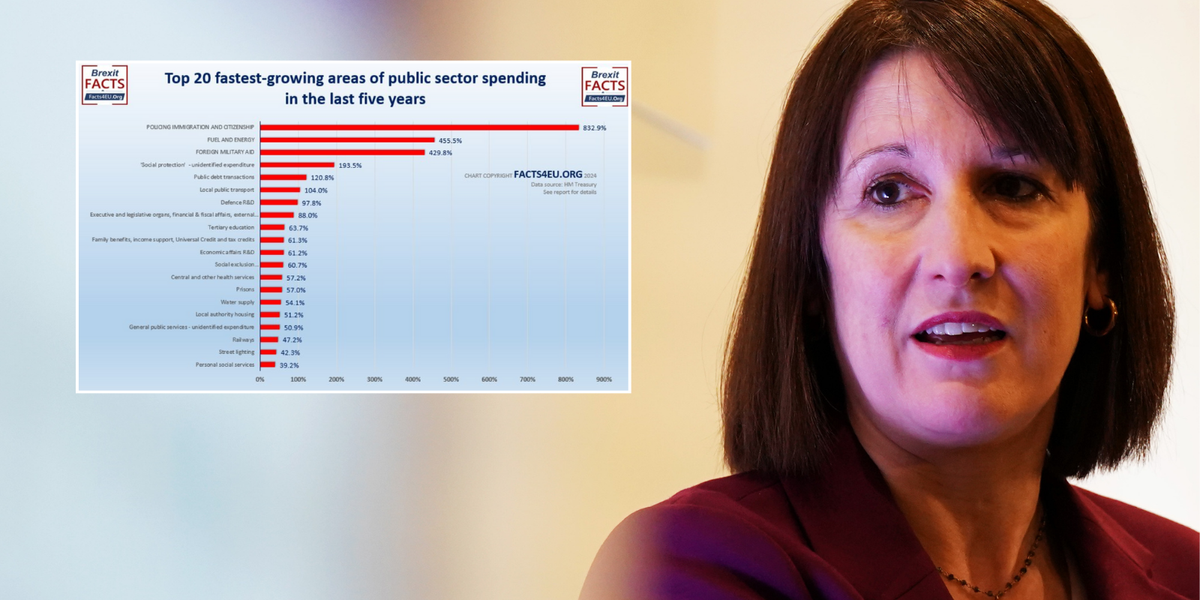Africa’s healthcare systems face persistent challenges, including inadequate infrastructure, unequal access to care, and the dual burden of communicable and non-communicable diseases. Yet, innovations in vaccine production, healthcare delivery, and digital technologies present significant opportunities for transformation. By 2025, bold investments and targeted strategies can build resilient, equitable, and sustainable health systems across the continent.
Expanding Local Vaccine Production
The COVID-19 pandemic underscored Africa’s reliance on imported vaccines, leading to delays and strained health systems. In response, initiatives like the Partnership for African Vaccine Manufacturing (PAVM)—launched by the African Union—aim to produce 60% of Africa’s vaccine needs locally by 2040.
Key developments include:
- South Africa’s Biovac and Senegal’s Institut Pasteur, which are producing vaccines for diseases such as polio and COVID-19.
- Rwanda’s partnership with pharmaceutical leaders to establish an mRNA vaccine production facility, a milestone for continental self-reliance.
Source: African Union, World Health Organization (WHO)
Leveraging Telemedicine and Digital Health Solutions
Digital technologies are revolutionizing healthcare delivery, particularly in underserved areas. Telemedicine platforms are enabling remote consultations, diagnostics, and treatment, bridging the urban-rural divide.
- Nigeria’s Helium Health connects patients to doctors virtually, improving access to care in remote regions.
- Kenya’s mTIBA offers a mobile health wallet, empowering users to manage healthcare expenses digitally.
Expanding broadband infrastructure and digital literacy will be essential to scale these solutions equitably.
Source: Helium Health, mTIBA
Addressing the Dual Disease Burden
Africa faces the continued burden of infectious diseases such as malaria and tuberculosis, alongside the growing prevalence of non-communicable diseases (NCDs) like diabetes and cardiovascular conditions.
- Malaria: Innovations like the RTS,S malaria vaccine piloted in Ghana and Malawi mark progress in combating this leading cause of death.
- NCDs: Rapid urbanization has accelerated lifestyle-related diseases. Prevention campaigns, early detection programs, and affordable treatments are vital to addressing this trend.
Health programs must strike a balance between fighting infectious diseases and managing NCDs to improve overall outcomes.
Source: Global Fund, WHO: NCD Prevention
Strengthening Health Infrastructure and Workforce
A shortage of healthcare facilities, equipment, and trained professionals remains a critical challenge. Strategic investments in infrastructure and workforce development can help bridge these gaps.
- Primary Care Access: Rwanda’s community health worker model has significantly reduced maternal and child mortality by delivering essential services to rural populations.
- Workforce Training: Programs like Amref Health Africa are building capacity by training nurses and doctors in underserved regions.
Prioritizing hospitals, clinics, and workforce development will ensure access to quality care for all.
Source: Amref Health Africa, World Bank: Africa Health Infrastructure
Case Studies: Innovation in Action
- South Africa: Biovac’s vaccine production boosts regional self-sufficiency.
- Rwanda: mRNA vaccine facilities position the country as a pharmaceutical leader.
- Nigeria: Helium Health’s digital platforms improve access and efficiency.
- Kenya: mTIBA empowers citizens to manage healthcare expenses via mobile technology.
Why It Matters
A strong healthcare system is vital for economic growth, social stability, and human development. By investing in localized vaccine production, digital innovations, and health infrastructure, Africa can tackle its most pressing challenges while building resilience for the future.
A Healthier Africa: Bridging Gaps and Building Resilience
In 2025, Africa has the opportunity to transform its healthcare systems through bold innovation and strategic partnerships. Solutions like localized vaccine production, telemedicine platforms, and NCD prevention efforts are essential to delivering affordable, accessible, and equitable healthcare to millions. Strengthened health systems will save lives, foster economic growth, and build a more resilient Africa.
Resources:

 By Africa.com | Created at 2024-12-20 05:36:42 | Updated at 2024-12-21 17:03:25
1 day ago
By Africa.com | Created at 2024-12-20 05:36:42 | Updated at 2024-12-21 17:03:25
1 day ago







